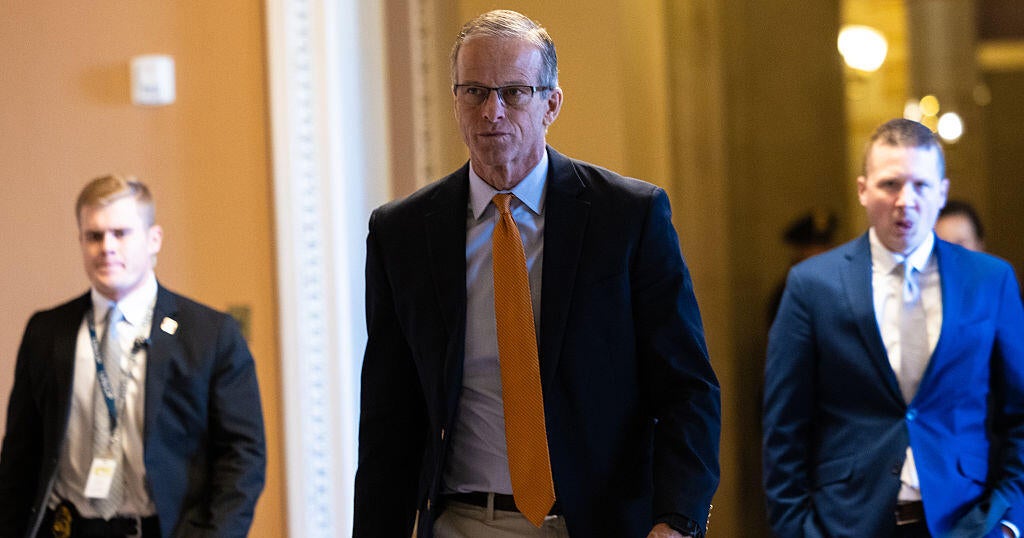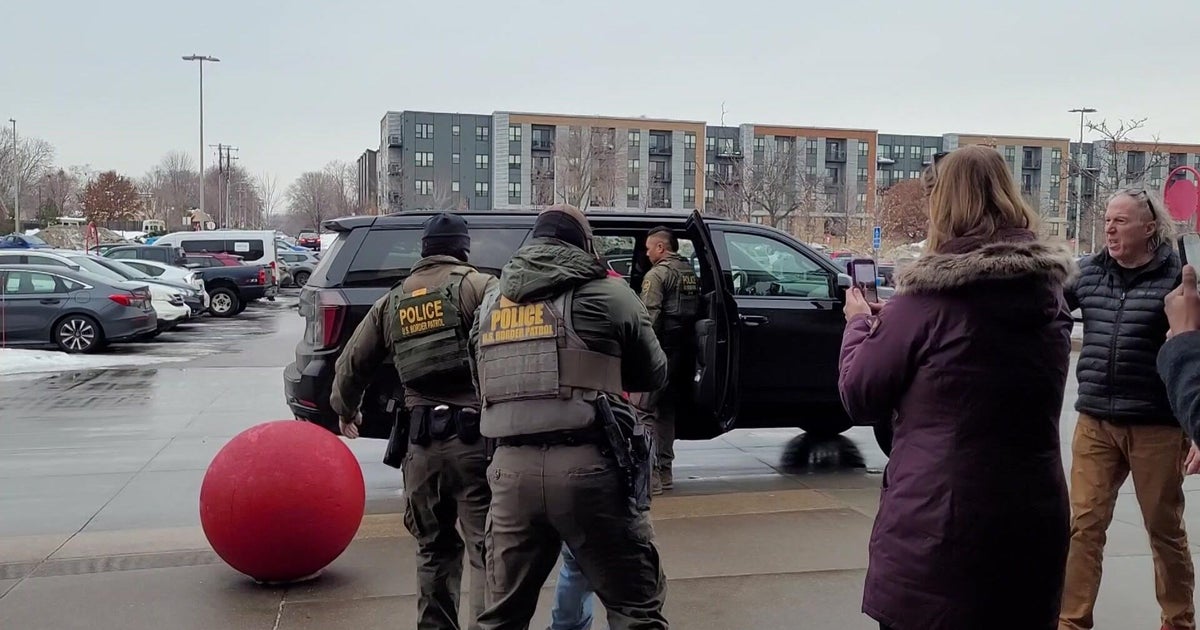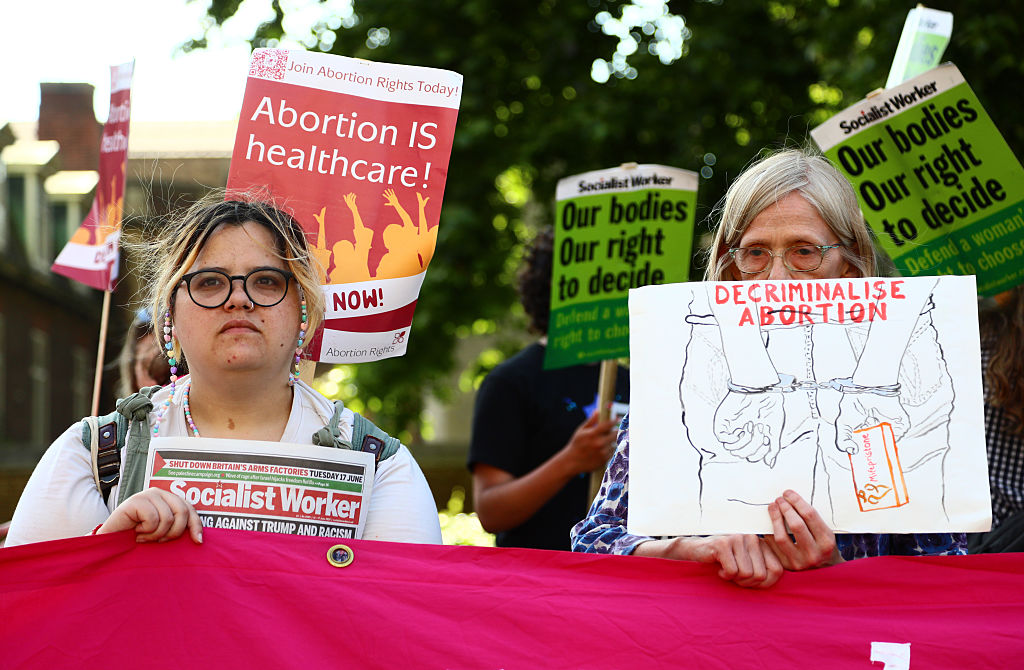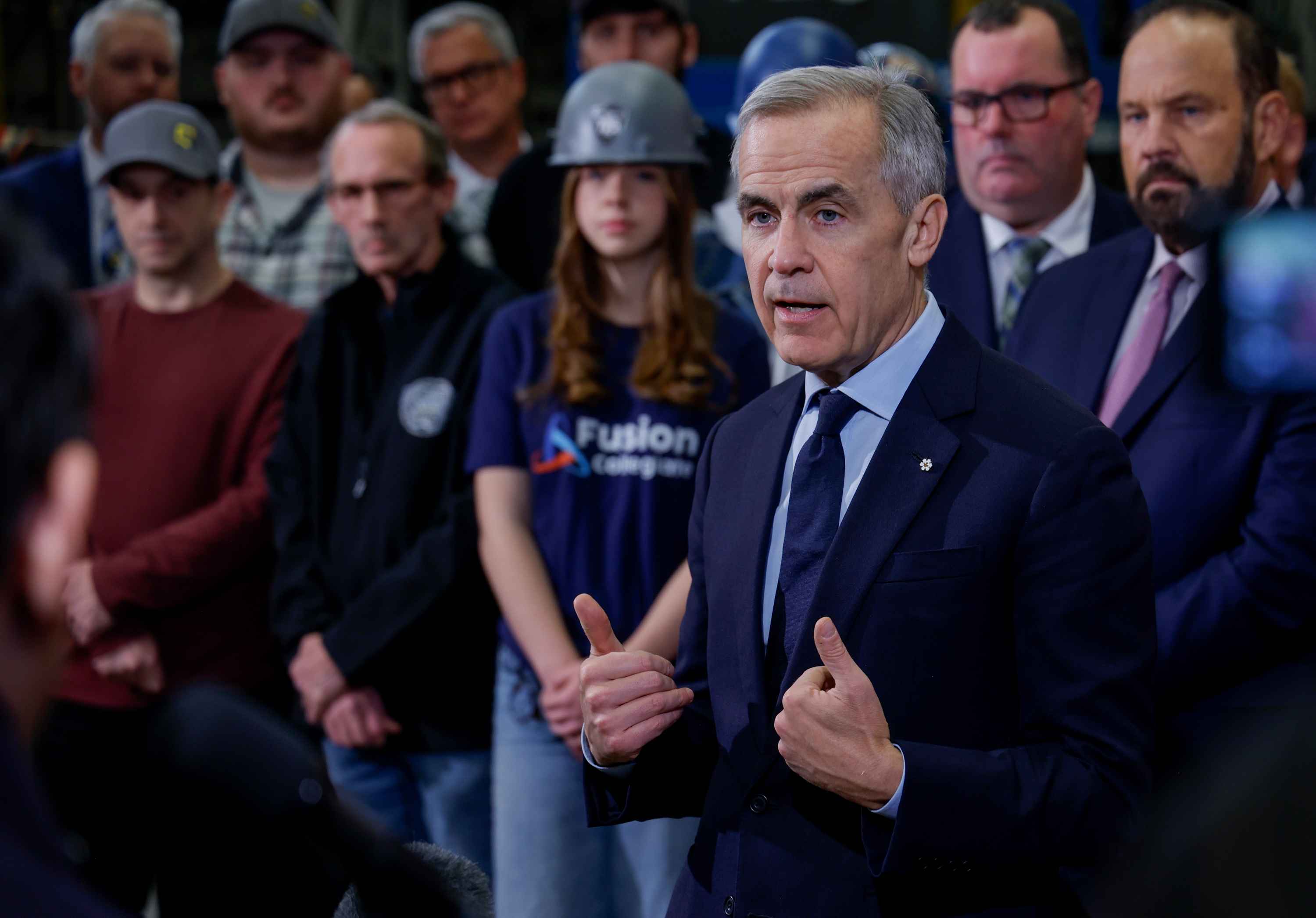British parliament poised to consider bill to stop no-deal Brexit
London -- A showdown between British Prime Minister Boris Johnson and lawmakers who disagree with his Brexit strategy began Tuesday as the U.K.'s House of Commons reconvened after its summer recess. Johnson has committed to pulling Britain out of the European Union on the scheduled date of October 31, with or without a divorce agreement in place.
A number of Members of Parliament believe a "no-deal" Brexit would spell economic disaster for Britain and have requested an emergency debate on a bill that would ensure they get a vote on the matter. The proposed bill would force Boris Johnson to ask the European Union for a three-month extension to the October 31 deadline, unless MPs approve a new withdrawal agreement or vote to allow a "no-deal" exit by October 19.
At least 14 members of Johnson's own Conservative Party have indicated that they will vote with opposition Labour Party members to get the bill passed, according to Sky News. Johnson has threatened these "rebel MPs" with expulsion from the Conservative party if they do try and stand in his way.
Last minute appeal
Johnson has made his willingness to take Britain out of the EU without an agreement central to his Brexit strategy. He insists he's using the threat of a "no-deal" exit as leverage to negotiate better terms with the EU than his predecessor, Theresa May, was able to.
"It would destroy any possibility of a negotiation," he said in parliament on Tuesday. "I will never surrender control of our negotiations in the way the leader of the opposition is demanding."
In a televised address late Monday, Johnson appealed to parliamentarians not to "chop the legs out" from under his Brexit strategy. He seemed to imply that if the bill to prevent a "no-deal" Brexit passed, he would call for a snap election.
"Let's let our negotiators get on with their work without that sword of Damocles over their necks and without an election," he said. "I don't want an election. You don't want an election. Let's get on with the people's agenda. Let's get Brexit done by October the 31st."
Elections in the United Kingdom are not regularly scheduled, but rather called by sitting prime ministers at a time of their choosing within a five-year window. A two-thirds majority of parliament must support a snap election, so Johnson would need the support of some opposition Labour MPs. Analysts say the opposition is unlikely to support the move.
Johnson would call an election in a gamble to gain more Conservative seats in parliament, which if successful, would be seen as bolstering his mandate to deliver Brexit by the current deadline. On Tuesday, MP Phillip Lee defected from the Conservatives, costing the party its majority.
"This is a government with no mandate, no morals, and as of today, no majority," Opposition leader Jeremy Corbyn said.
Shutting down Parliament
Johnson has been widely condemned for his move last week to reduce the number of days Parliament will meet ahead of the current Brexit deadline. The move, which critics have called undemocratic and authoritarian, reduced the time parliamentarians have to try to thwart the prime minister's plans. Lawmakers went from having five weeks, to having only about two, including this week.
Protests took place across the U.K. in response to the move, and demonstrators could be heard shouting "Stop the coup!" during Johnson's televised address on Monday.
Legal challenges to Johnson's move have been launched in England, Scotland, and Northern Ireland.
Tuesday's emergency parliamentary debate and vote on the "no-deal" bill, if approved, will begin after 5 p.m. in London (10 p.m. Eastern) and could last up to three hours.





